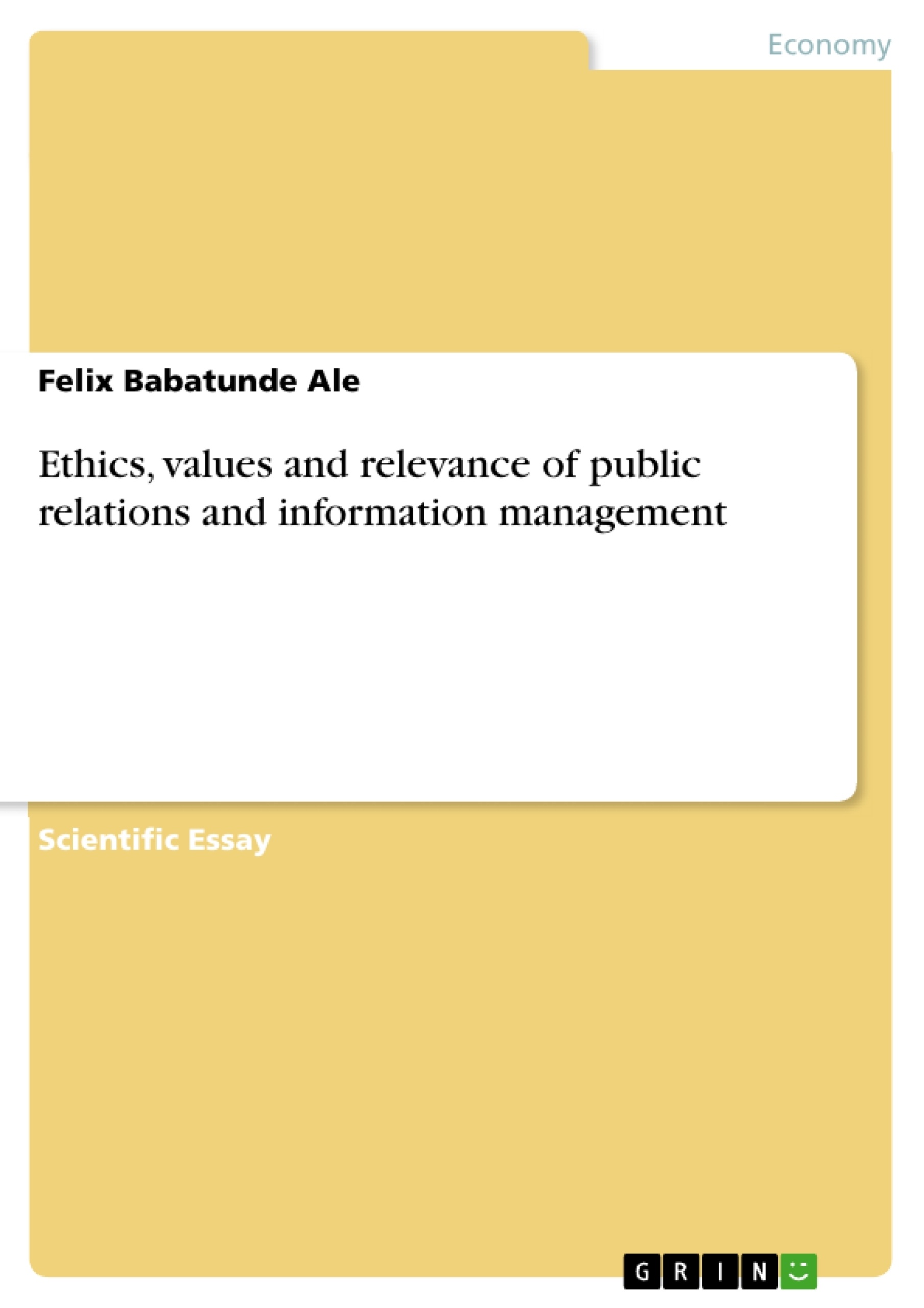Public Relations popularly known as (PR) can be defined as the practice of managing the distribution of information between an organization (such as a government agency, a business organisation or individual and the public. It may entail an individual or organization gaining access to their target audience using topics of interest to the public as well as new materials that do not require direct payment.
Public relations is based on the idea of creating reports or coverage for clients free of charge as opposed to advertising and marketing. The main aim behind public relations is informing the public, employees, prospective customers, partners, and investors among other stakeholders. Companies apply the same strategy to ensure stakeholders maintain a certain view about its activities, political decisions, products, and leadership.
Public relations professionals work for businesses and companies, PR and marketing firms, government agencies, and non-governmental organizations among others. They create and maintain good relationships between their employers and their target audience, opinion leaders, and the media. Common roles include designing communications campaigns, working with the press, writing new releases, writing speeches for organization leaders, and managing company reputation.
Inhaltsverzeichnis (Table of Contents)
- What is Public Relations?
- Ethics of Public Relations and Information Management
- Ethics in Public Relations
- Ethics in Information Management
- Importance of PR and Information Management to Organizations'
- CONCLUSION
- References....
Zielsetzung und Themenschwerpunkte (Objectives and Key Themes)
This text aims to explore the ethical implications of public relations and information management practices within organizations. It examines the principles of ethical conduct in both fields, highlighting their importance for building trust and maintaining a positive reputation.
- Defining public relations and its role in organizations
- The ethical considerations in public relations and information management
- The importance of transparency and truthfulness in communication
- The impact of information management practices on decision-making
- The role of ethics in fostering a positive organizational image
Zusammenfassung der Kapitel (Chapter Summaries)
- What is Public Relations? This chapter defines public relations as a strategic communication process aimed at building and maintaining positive relationships between an organization and its various publics. It explores the key functions of public relations, including media relations, crisis communication, and reputation management.
- Ethics of Public Relations and Information Management This chapter delves into the ethical considerations that guide public relations and information management practices. It emphasizes the importance of honesty, transparency, and accountability in all communication efforts.
- Ethics in Public Relations This section focuses on the ethical principles that govern public relations practitioners. It emphasizes the need for truthfulness, fairness, and responsible communication practices.
- Ethics in Information Management This section explores the ethical aspects of information management, highlighting the importance of data privacy, security, and responsible data handling.
- Importance of PR and Information Management to Organizations' This chapter examines the critical role of public relations and information management in achieving organizational goals. It highlights the importance of effective communication, stakeholder engagement, and informed decision-making.
Schlüsselwörter (Keywords)
Public relations, information management, ethics, communication, transparency, accountability, stakeholder engagement, reputation management, organizational image, decision-making, data privacy, data security.
Frequently Asked Questions
What is the main goal of Public Relations (PR)?
The main goal of PR is to manage the distribution of information between an organization and the public to build positive relationships and maintain a good reputation, often through non-paid media coverage.
Why is ethics important in Information Management?
Ethics in information management ensures data privacy, security, and responsible handling of information, which is crucial for maintaining stakeholder trust and legal compliance.
How does PR differ from advertising?
While advertising requires direct payment for space or time to promote products, PR focuses on creating reports and media coverage for clients free of charge through strategic communication.
What are common roles for PR professionals?
PR professionals design communication campaigns, write news releases and speeches, work with the press, and manage the overall reputation of a company or government agency.
How does information management affect organizational decision-making?
Effective information management ensures that accurate and relevant data is available to leaders, allowing for informed, transparent, and accountable decisions.
- Quote paper
- Felix Babatunde Ale (Author), 2016, Ethics, values and relevance of public relations and information management, Munich, GRIN Verlag, https://www.grin.com/document/345559



